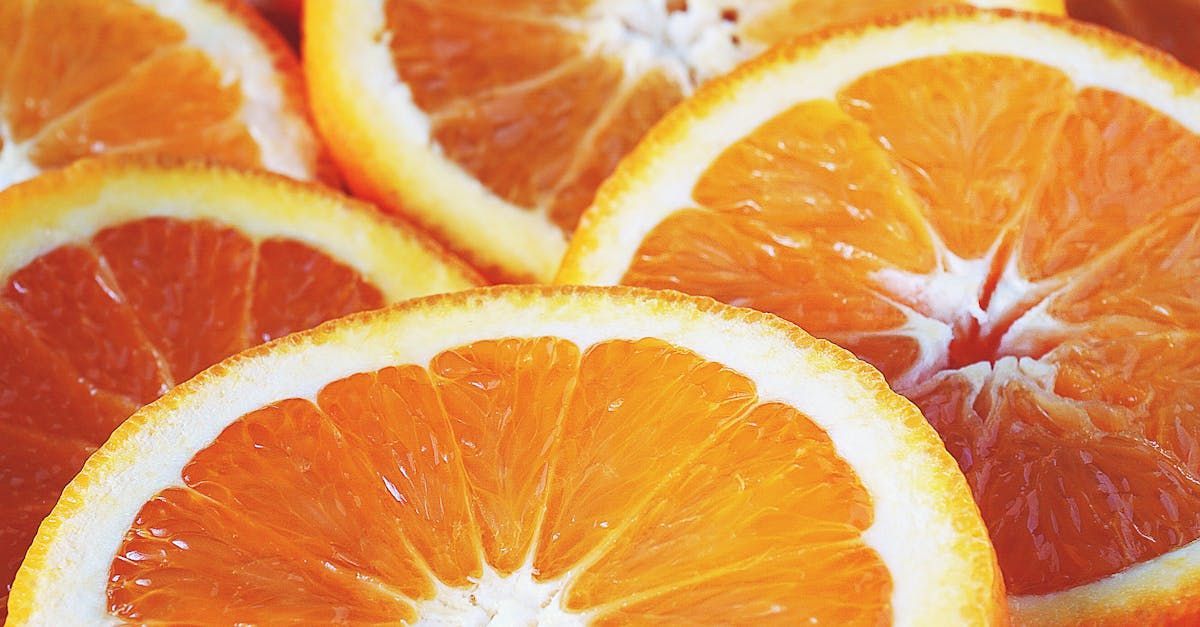
Protein Consumption
Why should I be eating more protein?

Protein is an essential macronutrient that plays a crucial role in our overall health and well-being. From building and repairing tissues to supporting immune function and maintaining muscle mass, protein is a vital component of a balanced diet. Despite its importance, many people struggle to consume an adequate amount of protein on a daily basis. In this blog post, we will discuss the importance of high protein consumption, the health benefits it can create, and simple ways to incorporate more protein into your diet without tracking macronutrients.
First and foremost, protein is essential for building and repairing tissues in the body. Whether you are recovering from a workout, healing from an injury, or simply trying to maintain optimal health, protein plays a key role in the repair and regeneration of cells. In addition to tissue repair, protein is also necessary for the production of hormones, enzymes, and other important molecules that help regulate various bodily functions.
Furthermore, protein is a crucial component of a healthy immune system. Certain proteins, known as antibodies, help to defend the body against harmful pathogens and foreign invaders. Without an adequate amount of protein in your diet, your immune system may not function optimally, leaving you more susceptible to illness and infection.
In addition to its role in tissue repair and immune function, protein is also important for maintaining muscle mass and strength. As we age, our muscle mass naturally decreases, leading to a loss of strength and mobility. By consuming enough protein, you can help preserve muscle mass and prevent age-related muscle loss, ultimately leading to better overall health and functionality.
Now that we understand the importance of high protein consumption, let's discuss some simple ways to incorporate more protein into your diet without tracking macronutrients. One easy way to boost your protein intake is to include protein-rich foods in every meal and snack. Some examples of protein-rich foods include lean meats, poultry, fish, eggs, dairy products, legumes, nuts, and seeds. By including a source of protein in each meal, you can ensure that you are getting enough of this essential nutrient throughout the day.
Another simple way to increase your protein intake is to choose protein-rich snacks instead of high-carb or sugary options. Instead of reaching for a bag of chips or a candy bar, opt for a protein-rich snack like Greek yogurt, a handful of nuts, or a hard-boiled egg. These snacks not only provide a quick and convenient source of protein but also help keep you feeling full and satisfied between meals.
In conclusion, protein is a vital nutrient that plays a crucial role in supporting overall health and well-being. By making an effort to incorporate more protein-rich foods into your diet, you can reap the numerous benefits that protein has to offer, from tissue repair and immune support to muscle maintenance and strength. Remember, it doesn't have to be complicated or overwhelming – simple changes like choosing protein-rich snacks and including protein in every meal can make a big difference in your overall health. Prioritizing high protein consumption is a simple yet powerful way to support your body and enhance your overall quality of life.
Not sure how much protein you should be eating?
The recommended daily intake of protein can vary depending on factors such as age, sex, weight, activity level, and overall health goals. However, a general guideline for protein intake is to aim for around 0.8 grams of protein per kilogram of body weight. For example, if you weigh 70 kilograms (approximately 154 pounds), you would aim to consume around 56 grams of protein per day.
For those who are more physically active or looking to build muscle, the recommended protein intake may be higher. Some experts recommend consuming between 1.2-2.2 grams of protein per kilogram of body weight for athletes and individuals engaging in intense physical activity.
It's important to note that individual protein needs can vary, so it's a good idea to consult with a healthcare provider or a registered dietitian to determine the specific protein intake that is right for you based on your unique needs and goals.


